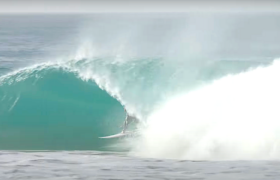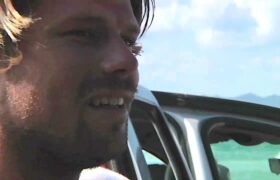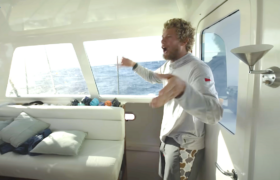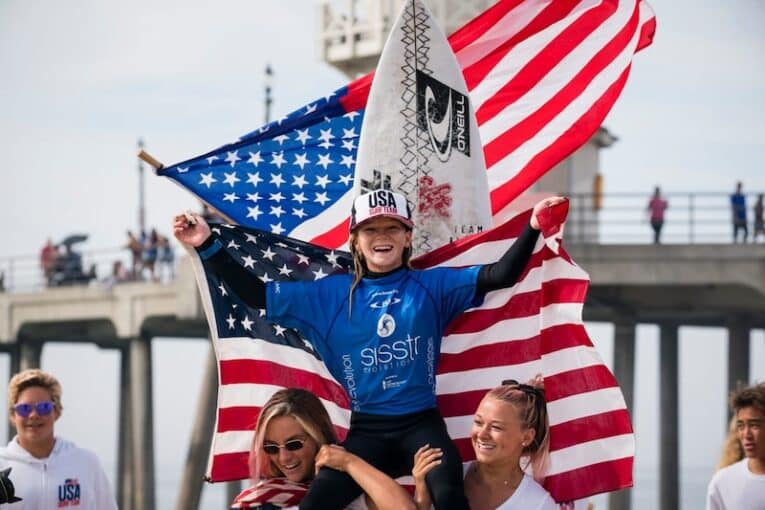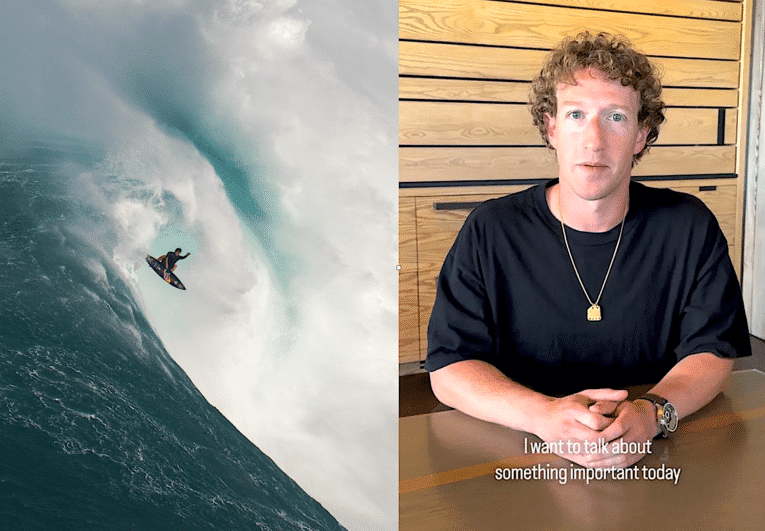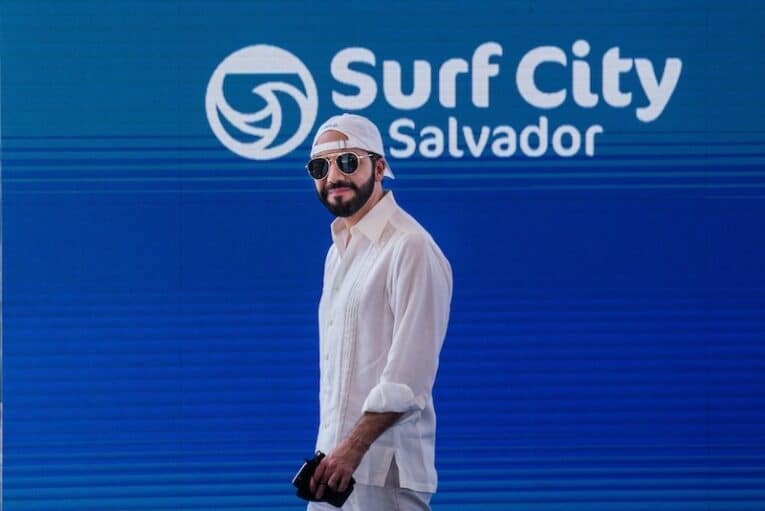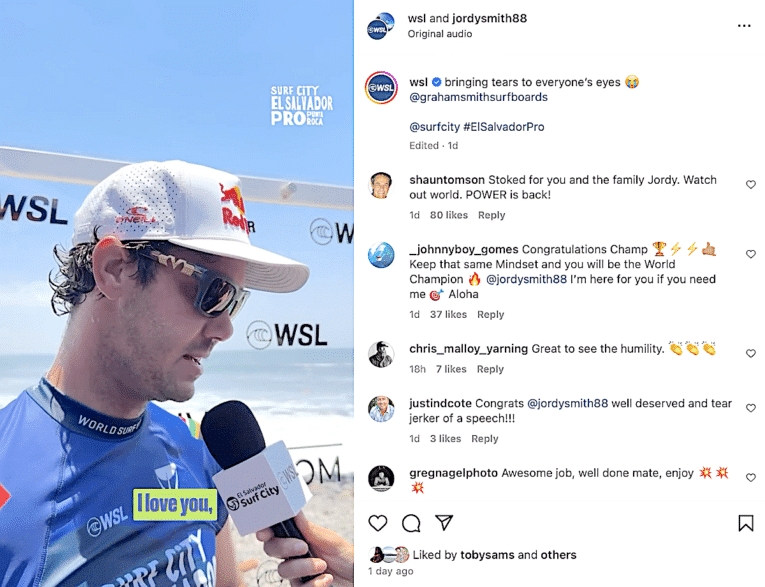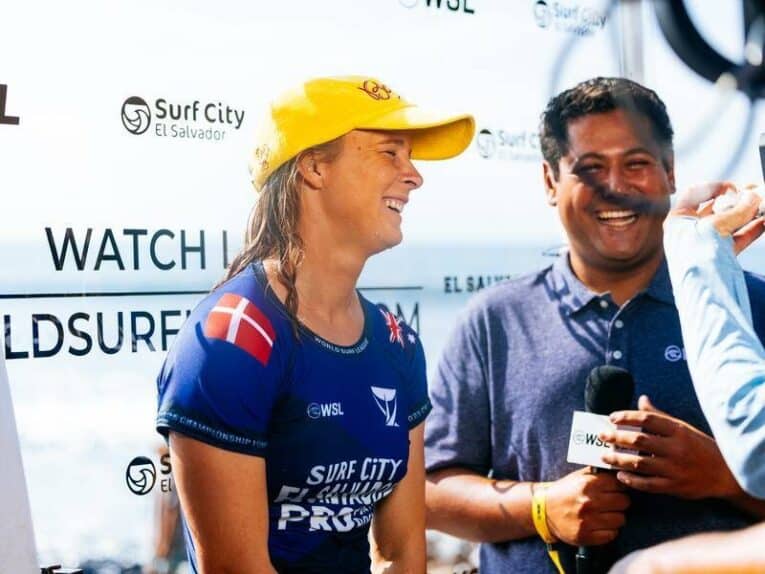"USSS already manages 10 winter sports and has no surf competition infrastructure, and no dedicated surf coaches."
Olympic surfing, as you may or may not know, will be with us for the foreseeable future. The “Sport of Kings” made its five-ringed debut in Tokyo Games some four years ago. Those were the Covid years of our lives and so the Olympics was conducted in 2021, not 2020 as scheduled, there were no spectators, everyone wore masks and Australia’s Owen Wright won bronze. The show was reprised for the Paris Games, in 2024, this time at Teahupo’o with Jack Robinson taking silver. It will be held again in Los Angeles for 2028 and also Brisbane, Australia 2032.
Thus far, USA Surfing has not been involved.
Olympic disciplines, as you may or may not care, each require a national governing body in order to make the rules of who gets to represent country, provide logistics, make championships etc. USA Surfing was once in charge but lost its certification in 2021 when audits revealed shenanigans such as lack of financial oversight, failure to complete financial audits and other such naughties.
After cleaning up its act, USA Surfing reapplied to take the reins but, alas, a challenger arose in the form of US Ski and Snowboard which just so happens to be led by former World Surf League CEO Sophie Goldschmidt.
Well, hours ago the cold civil war turned hot with USA Surfing unleashing a blistering letter savaging its wintery brethren. After burnishing bonafides, claiming the support of the International Surfing Association, World Surf League and Surf Industry Manufacturers Association, the organization lit right in with an encyclical titled Surf Community Rallies Behind Strong, Surf-Centered NGB Application:
In an unprecedented move, U.S. Ski & Snowboard (USSS)—a winter sports NGB with no history governing surfing—has also applied to take over Olympic surfing governance. USSS already manages 10 winter sports and has no surf competition infrastructure, and no dedicated surf coaches.
At a time when other countries are doubling down on investments in surfing, the U.S. is heading in the opposite direction—not only disinvesting, but undermining the very talent pipeline that contributed to back-to-back Olympic gold medals and supports the growth of emerging Olympic and Paralympic surf disciplines.
USA Surfing looks forward to U.S. Ski’s public hearing April 15 and welcome continued public review of both applications.
How does U.S. Ski plan to reconcile their application with the Ted Stevens Act and Olympic Charter requirements that a certified NGB must be recognized by the international federation and serve the full interest of the sport and its athletes?
USA Surfing never wanted to be in an adversarial position with another Olympic sport. It serves neither of us—nor the Olympic and Paralympic movement—well. We acknowledge U.S. Ski & Snowboard’s athletes’ tradition of excellence, and their organizational capacity. We ask only for the same respect in return—for the surfers, the coaches, the community and culture.
In the end, this is bigger than any one application. USA Surfing is hopeful that the final outcome will protect athlete pathways of development, elevate surfing, and follow the Olympic Charter’s vision for unity, excellence, and fair play.
No dedicated surf coaches? What’s the world coming to?
In all seriousness, though, is the support of the ISA, WSL and SIMA really a plus?
Count me with US Ski and Snowboard.
Team Goldschmidt.
